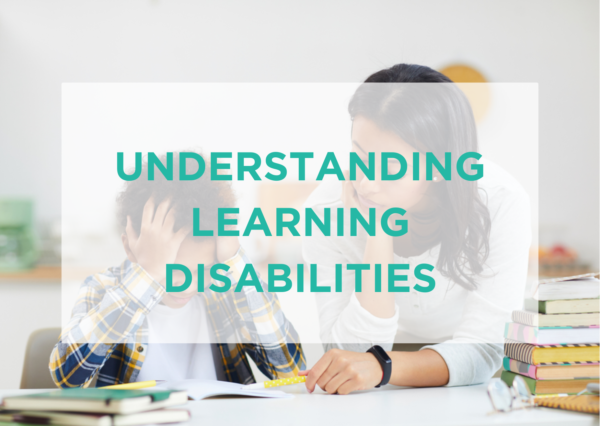What is Learning Disability?
Learning disabilities are a diverse group of neurological conditions that affect how individuals receive, process, and express information. These disabilities can impact various aspects of learning, such as reading, writing, math, and even social skills. It’s crucial to demystify learning disabilities and promote understanding to create a supportive environment for those who have them.
First and foremost, learning disabilities are not indicative of a person’s intelligence or potential. Individuals with learning disabilities possess unique talents and abilities, but they may require different strategies and accommodations to excel academically and in life.
Dyslexia, for instance, affects reading and language processing. People with dyslexia often have above-average creative or problem-solving skills. Similarly, those with Attention-Deficit/Hyperactivity Disorder (ADHD) may struggle with focus and organization but can be exceptionally creative and energetic.

The Significance of Understanding Learning Disabilities
Understanding learning disabilities entails recognizing the importance of early intervention and tailored support. Teachers, educational consultant, parents, and caregivers can work together to identify specific needs and provide the necessary tools and resources. This may involve individualized education plans (IEPs), private tutoring, assistive technology, or even speech therapy, depending on the specific disability.
Moreover, fostering empathy and patience is essential. Negative stereotypes and misconceptions about learning disabilities can be hurtful and discouraging. By promoting awareness and acceptance, we can create a more inclusive society where individuals with learning disabilities can thrive.
